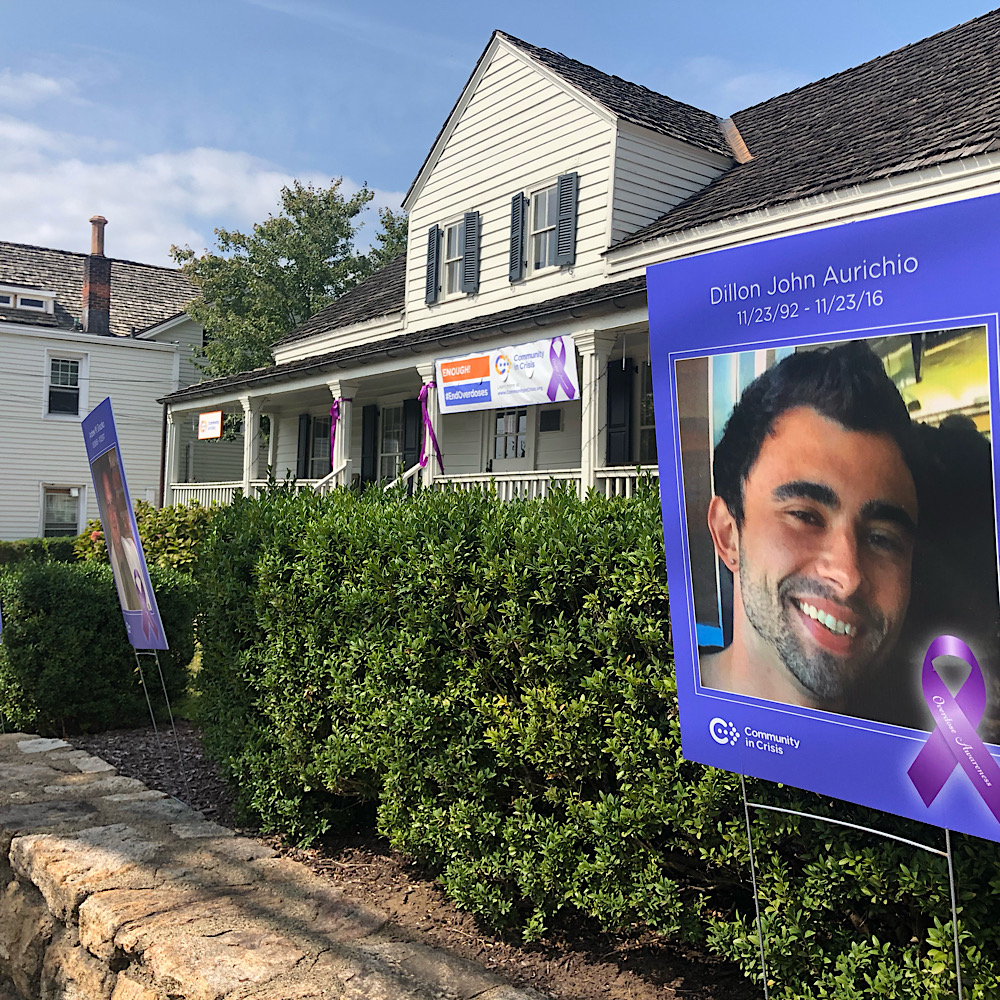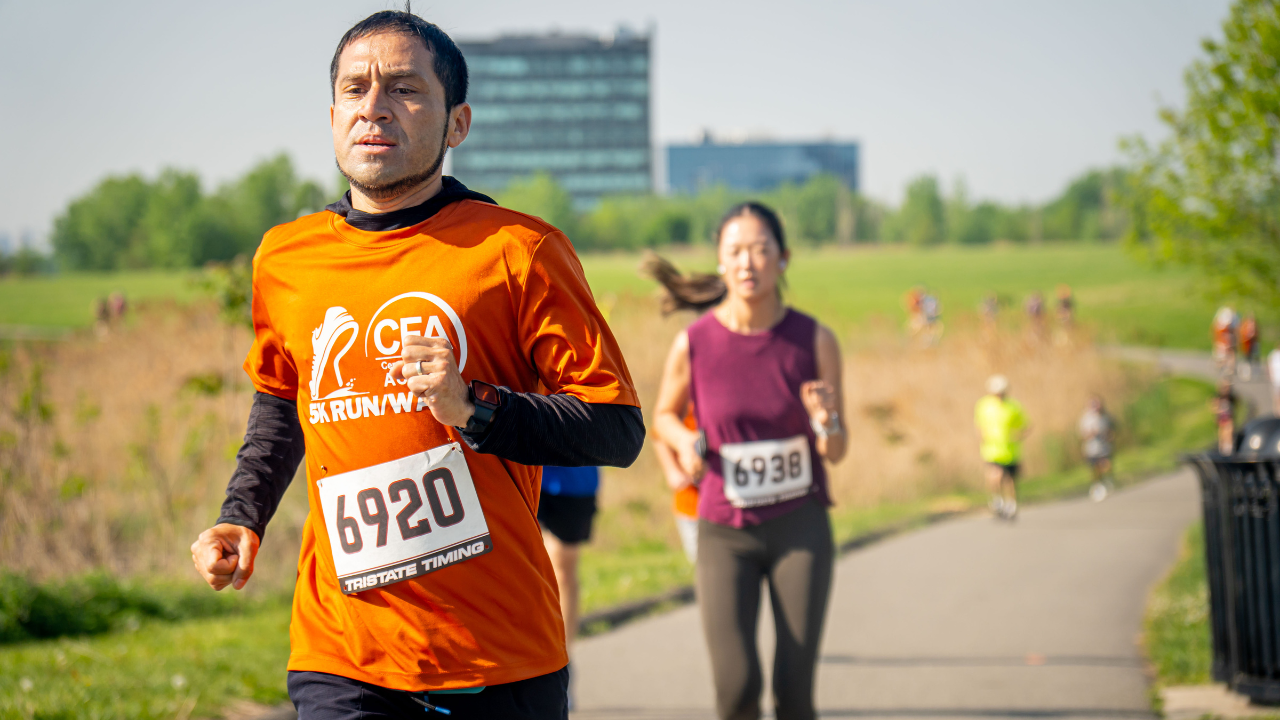Locals memorialized on Morristown Road in September 2020. [Credit: Tyler Baum]
BERNARDSVILLE, N.J. — If you visit the town of Bernardsville, New Jersey, with fewer than 8,000 residents and a median income of almost twice the national average, you might miss the fact that many of its residents are suffering. But last month that suffering was on display in the form of a memorial to 14 county locals who succumbed to the disease of addiction.
Almost 20 million Americans battled substance abuse in 2017, according to American Addiction Centers – translating to roughly 1 in 17 Americans. And yet, recovery professionals and individuals affected by the addiction epidemic are still battling the stigmatization of recovery.
“It’s a double-sided challenge,” said Ken Musgrove, Recovery Director at Community in Crisis (CIC), a Bernardsville non-profit on the front lines of the opioid epidemic. “Folks are afraid to admit they may have an issue.”
Meanwhile, statistics from the New Jersey Department of Health indicate that in 2020 annual overdose deaths in the state will surpass 3,000 for the second consecutive year. In the face of data, the notion of “not my town, not my kid…is unacceptable,” said Dina Aurichio, whose son Dillion died of an overdose on his twenty-fourth birthday in 2016, and was one of the 14 people memorialized in Bernardsville.
The memorial was a juxtaposition of heartbreak and beauty for the families who’ve lost a loved one.
For Aurichio, it was a symbol and a remembrance, but perhaps more importantly, “it brings awareness to the forefront.”
As the COVID-19 pandemic continues to drag on, Musgrove worries the isolation it brings will lead to the American opioid epidemic reaching critical mass.
His worry is founded. Since the onset of the pandemic, the rate of drug overdoses has gone up in 42 states according to the American Medical Association.
“This is a syndemic,” said CIC’s Musgrove, describing two simultaneous crises that feed off each other, compounding their detrimental effects.
The CIC team has shifted operations online due to COVID-19. According to Musgrove, from March through August, the group held almost 500 digital meetings with over 4,500 attendees. CIC continues to hold recovery meetings three times a day, seven days a week.
“All problems start local,” said Bernardsville Mayor Mary Jane Canose. “We hope to set an example for other towns.”


